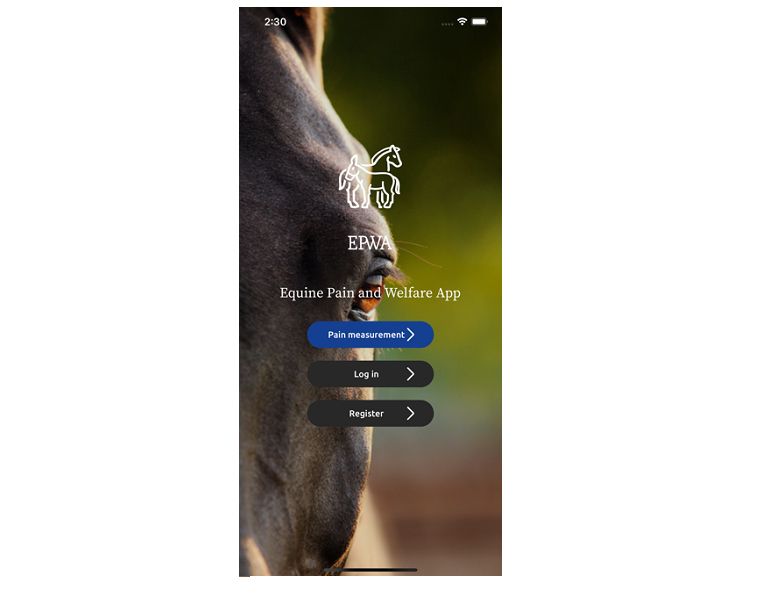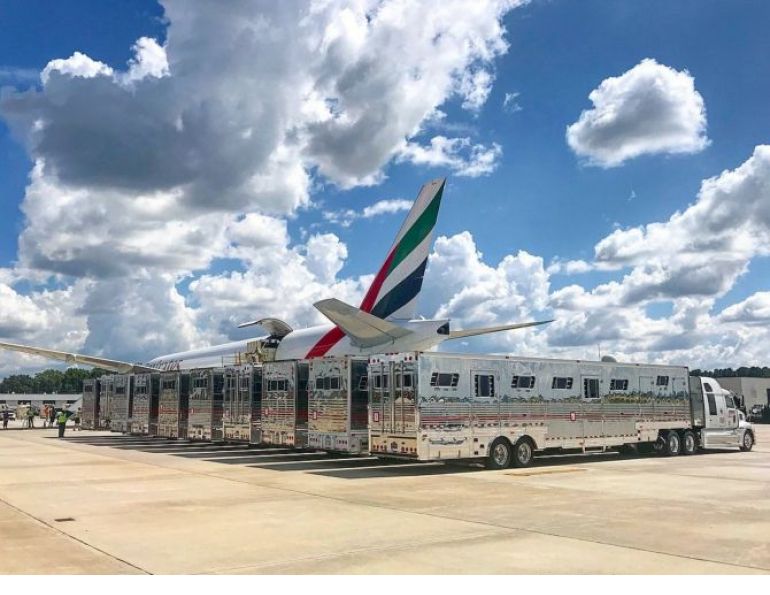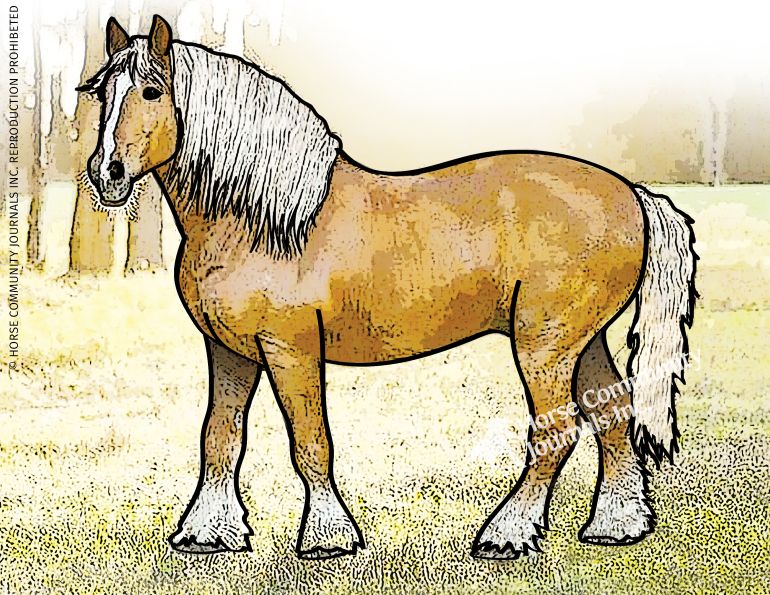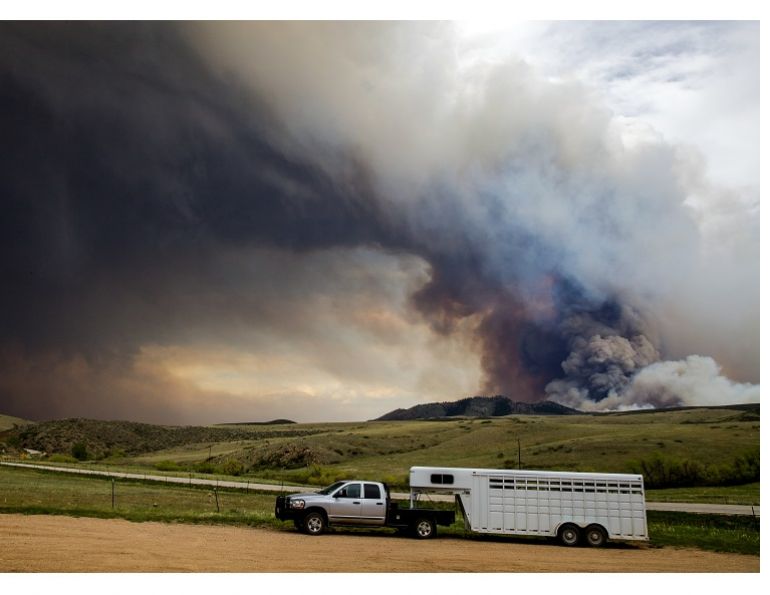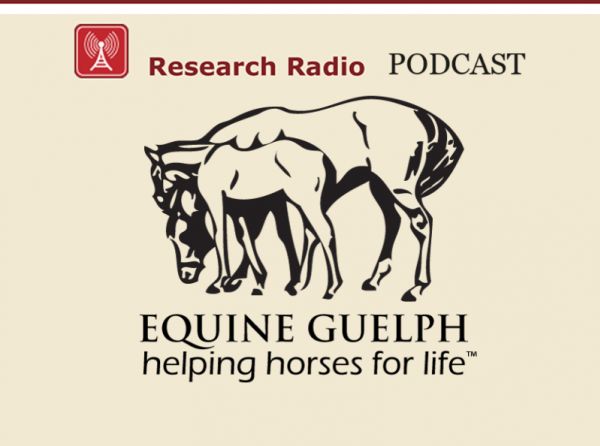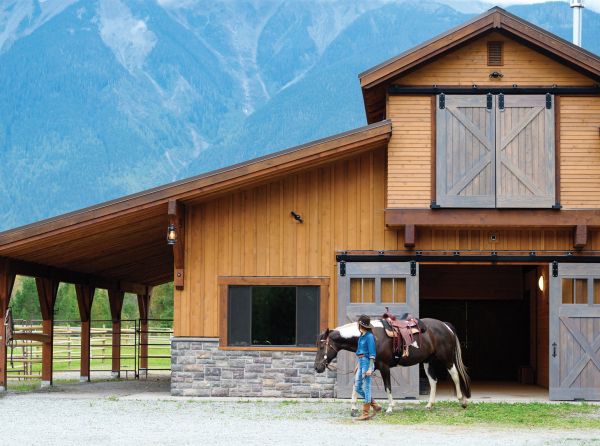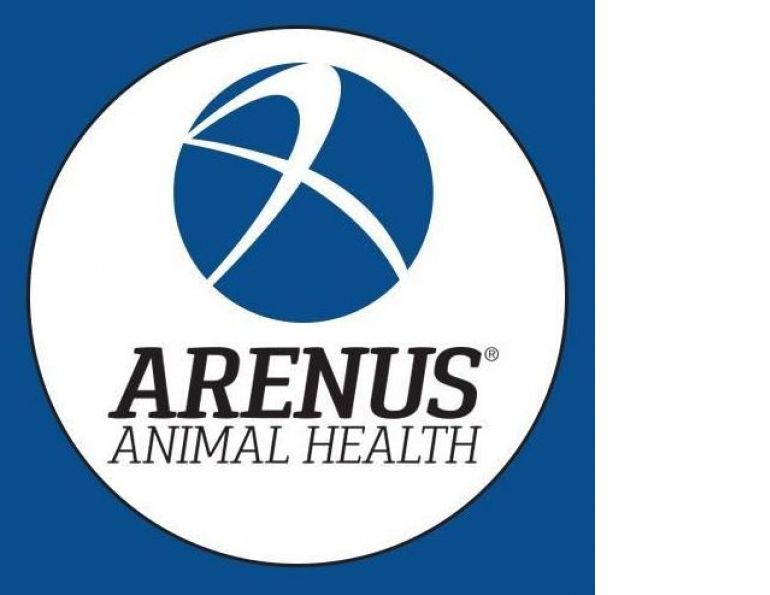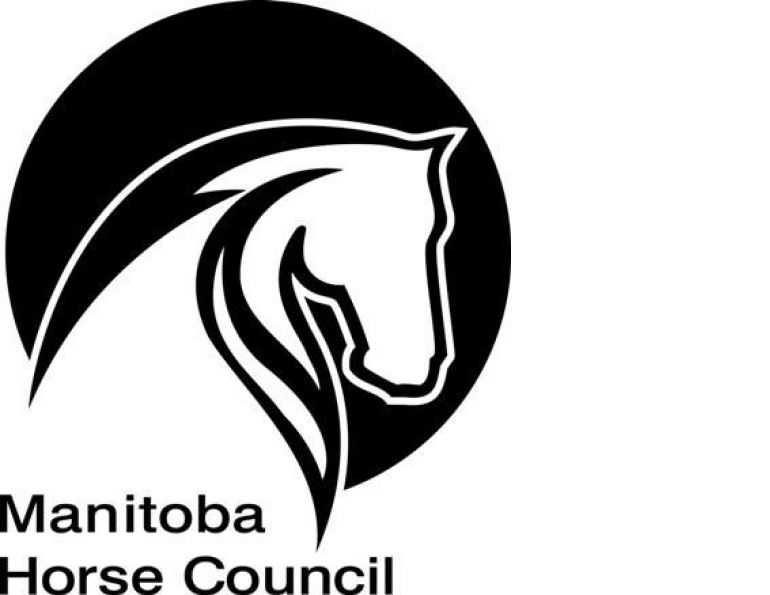Warning: this article contains sensitive content.
Demand for donkey hides, used to make ejiao, has built a lucrative trade industry, endangering the livelihoods of those who rely on them.
Brooke USA
Half the world’s donkey population could be wiped out in the next five years, as millions are slaughtered to meet the rising demand for “ejiao,” a gelatin-based traditional Chinese medicine derived from boiling the hides of donkeys. Believed to improve blood circulation and treat conditions like anemia, infertility, and impotence, ejiao is found in powders, tonics, cosmetics, and even food products.
The demand for donkey hides is outstripping supply, creating a lucrative business for both producers and retailers. The emergence of the global trade of donkey hides is attributed to the rise of China’s middle class and increased perception of the medicine’s efficacy. Ejiao can sell for up to $200 per pound.
The sudden emergence of donkeys as a globally traded commodity has disrupted traditional cycles of use; around the world donkeys now are worth more dead than alive. This has raised the price of donkeys in some countries, making them unaffordable for many people who use them to take goods to market, cultivate land, and fetch water. Communities that rely on donkeys for daily chores no longer have access to a resource that until recently was abundant and cheap. Adept at drawing heavy loads and temperamentally easy to handle, donkeys have supported vulnerable livelihoods around the world for hundreds of years.

The donkey skin trade threatens the lives and livelihoods of millions of people worldwide. Photo: ©Brooke: Action For Working Horses and Donkeys.
Donkeys support about 600 million people in some of the most impoverished parts of the world, and since the booming hide trade has driven up donkey prices, owners struggle to replace their animals when they are stolen. In fact, the Chinese demand for ejiao is hammering donkey populations, putting their price out of reach for those who need them. The cost of a donkey in Kenya, for example, increased from $105 to $215 between 2016-2019. The cost of a donkey in Burkina Faso increased from $85 in 2014 to $150 in 2016.
Donkeys are a major part of the working livestock sector and support the livelihoods of millions of people in developing countries. They directly provide an income and save time and money in transporting goods from field to home to market. Working donkeys also provide vital domestic support. The shock of losing a donkey can destroy a person’s livelihood and push them into poverty.
Related: Millions of Donkeys at Risk in Africa

Donkeys support about 600 million people in some of the world’s poorest countries. Many owners cannot afford to replace their animals when they are stolen because the thriving trade of hides has driven up donkey prices. Photo: ©Brooke: Action For Working Horses and Donkeys.
“Protecting donkeys under threat is one task organizations such as Brooke: Action for Working Horses & Donkeys (Brooke UK) is spearheading across the developing world. However, it is also imperative to halt the sale of ejiao and change perceptions about its effectiveness,” stated Emily Dulin, Chief Executive Officer of Broke USA. She added, “At present, Brooke USA is leading the charge to ensure that Amazon pulls ejiao from its global online retail platform.”
Brooke USA is rallying animal activists, caring owners, non-profit organizations, and other friends and supporters to demand that Amazon’s new Chief Executive Officer Andrew Jassy approve the removal of ejiao as a product for sale. “There is no other way to say this; the donkey hide business threatens people’s livelihoods, devastates community economies, and poses major animal welfare concerns,” explained Katherine Kaneb, Chair of the Board of Directors of Brooke USA. “Consumers need to know the impact ejiao has on people’s lives across the world. This is not just an animal welfare issue, but a humanitarian crisis and we need to take action to stop it.”
Thousands of donkeys in developing countries are being killed and their skins sold to China. It is estimated that 4.8 million donkey hides a year are needed to satisfy the demand for ejiao. At the current pace, the global donkey population of 44 million could be halved over the next five years.
Donkey numbers in China have fallen by 76 percent since 1992, causing ejiao producers to look at other countries to supply donkeys. Donkey populations in Brazil have declined by 28 percent since 2007, by 37 percent in Botswana, and by 53 percent in Kyrgyzstan. In Kenya, now the epicenter of the trade, over 300,000 donkeys were killed between 2016 and 2018, translating to 15.4 percent of the population.
Related: Feral Donkeys & Horses Dig Wells That Benefit Others

Since 1992, the number of donkeys in China has fallen by 76 percent because of the demand for ejiao. Now thousands of donkeys in developing countries are being killed and their skins sold to China. Photo: ©Brooke: Action For Working Horses and Donkeys.
Furthermore, reports from researchers, media, and Non-Governmental Organizations (NGOs) have revealed that the scale and spread of the global donkey skin trade now extends further to Ghana, Nigeria, Botswana, Burkina Faso, Mali, Niger, Senegal, Uganda, Ethiopia, South Africa, South Sudan, Tanzania, Afghanistan, Egypt, Pakistan, Peru, and Australia.
Many countries have taken action to tackle the donkey hide industry, but lack of regulation and proper oversight means the practice often continues or donkeys are illegally shipped over borders to be slaughtered elsewhere. These donkeys are either transported to slaughterhouses in horrific conditions or killed out in the open.
Kaneb noted, “If these were wild animals, they would be protected from this horrific rate of slaughter by international law and policy, but working horses, donkeys, and mules are overlooked.”
There are also concerns that the unregulated donkey hide trade could lead to the spread of disease among equines, but also to humans through zoonotic diseases such as anthrax and tetanus. There are also health risks associated with the cross-border trade in donkey skins. In April 2019, Brooke UK witnessed an outbreak of equine flu in West Africa that killed 60,000 donkeys in Niger alone. The World Organization for Animal Health (OIE) believes that it was linked to illegal transport of animals across borders.

An estimated 4.8 million donkey hides a year are needed to satisfy the demand for ejiao. At this pace, the global donkey population of 44 million could be halved over the next five years. Photo: ©Brooke: Action For Working Horses and Donkeys.
A Story From the Field
Donkey owner Stephen Kimiri from Narok in Kenya bought two donkeys eight years ago to deliver water to homes and businesses, he said: “The donkeys feed me and my family. The donkey is my boss, I depend on it for everything.”
One morning, Stephen woke to find that one of his two donkeys was missing — taken as he slept. He searched the area, desperate not to lose his lifeline. Stephen eventually found his donkey nearby, killed —– one of many in the town that night. Stephen’s donkey had been stolen and killed for its hide.”
“I felt my life was over. I couldn’t rely on one donkey to do everything,” said Stephen. The other donkey was also affected as it missed the other one.
Stephen hopes to save up and buy another donkey, but due to the increased demand, the price of a donkey has risen rapidly in Kenya, leaving many unable to replace their stolen donkeys.
Right now, Brooke UK is engaging with communities on the ground in Kenya to find the best welfare-friendly ways to prevent theft and protect the animals such as giving donkeys neck bells, fitting them with tracking devices, and tagging them with identity details to keep them safe. Rural farmers are encouraged not to leave their donkeys alone while grazing and are promoting stabling at night. Sadly however, not every owner can afford somewhere safe to keep their donkey.

Lack of regulation and proper oversight means that many thousands of donkeys are stolen and illegally shipped over borders to slaughterhouses in horrific conditions or killed out in the open. Photo: ©Brooke East Africa
You Can Help
Write or Email Andy Jassy, newly appointed CEO of Amazon, at AJassy@amazon.com, or at Amazon Corporate Headquarters, 410 Terry Ave N., Seattle, WA 98170.
Learn more about the Donkey Skin Trade at these links:
- Seven facts about the donkey skin trade
- World Animal Day: Research shows the detrimental effect of donkey skin trade on families
- Skin trade means donkeys in Kenya could be wiped out by 2023
- Stopping the donkey skin trade
Related: The Donkey Skin Trade
About Brooke: Brooke is an international charity that protects and improves the lives of horses, donkeys and mules which give people in the developing world the opportunity to work their way out of poverty.
Photo: ©Brooke: Action For Working Horses and Donkeys.








